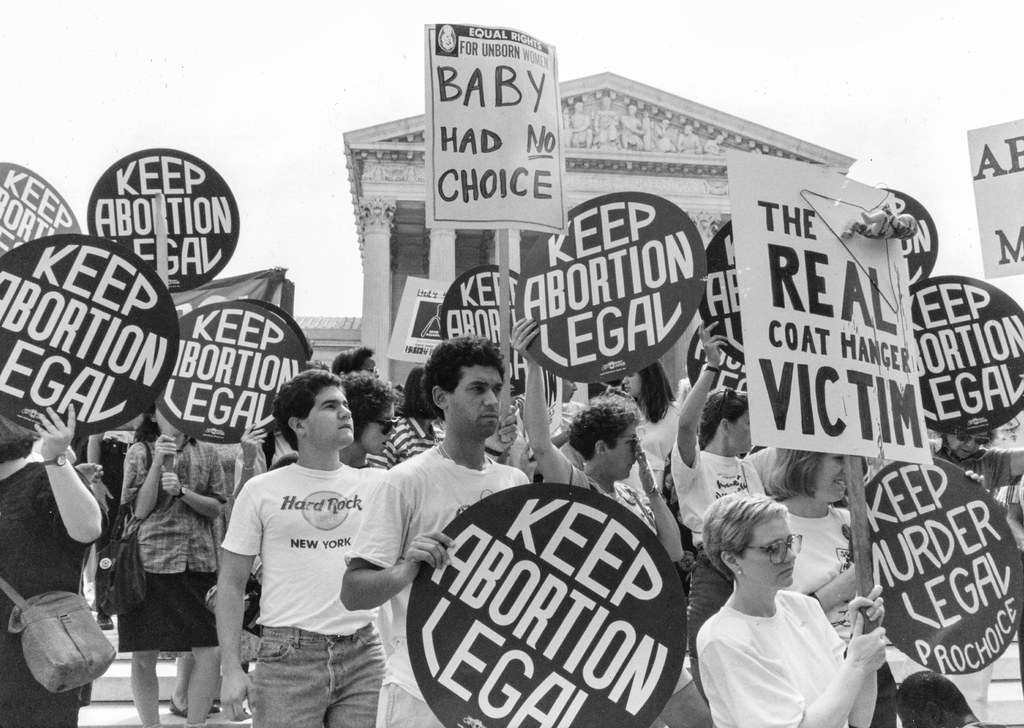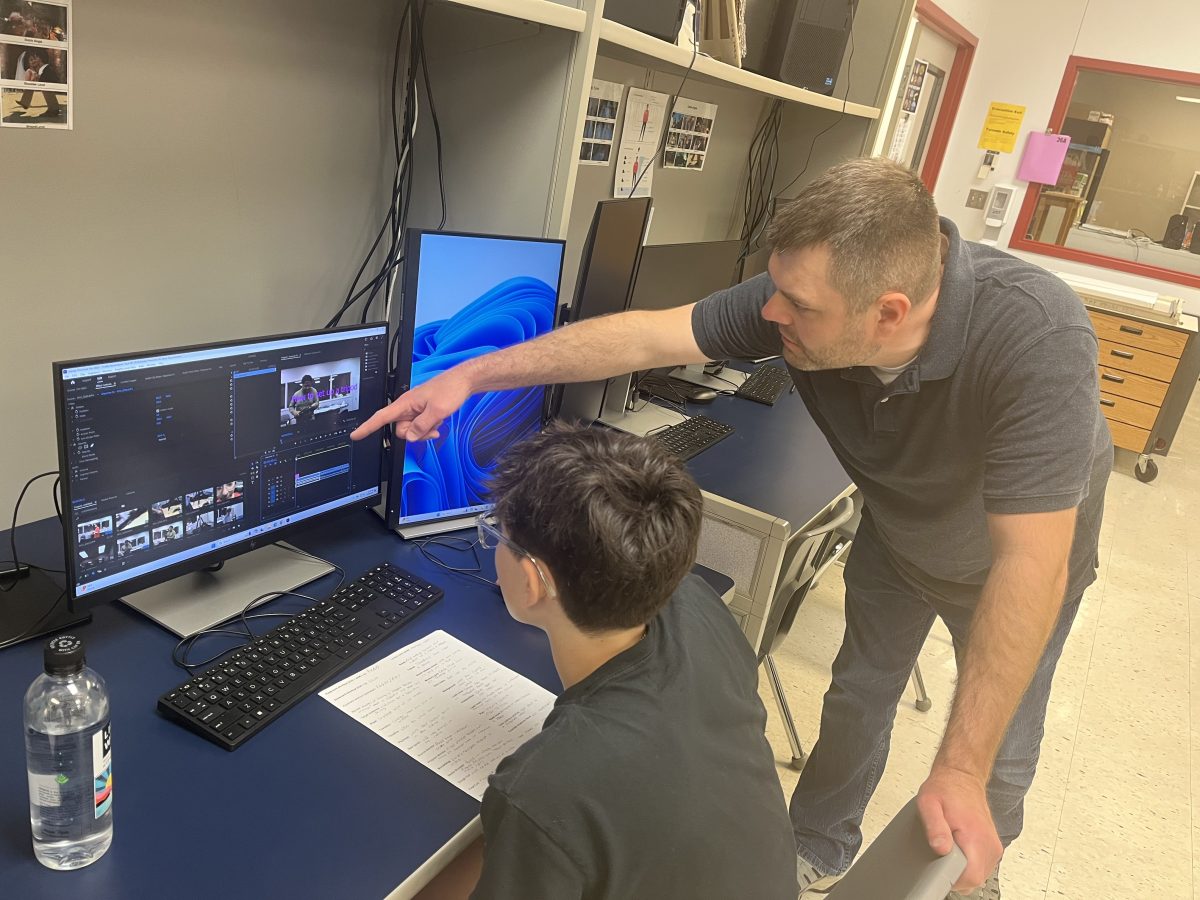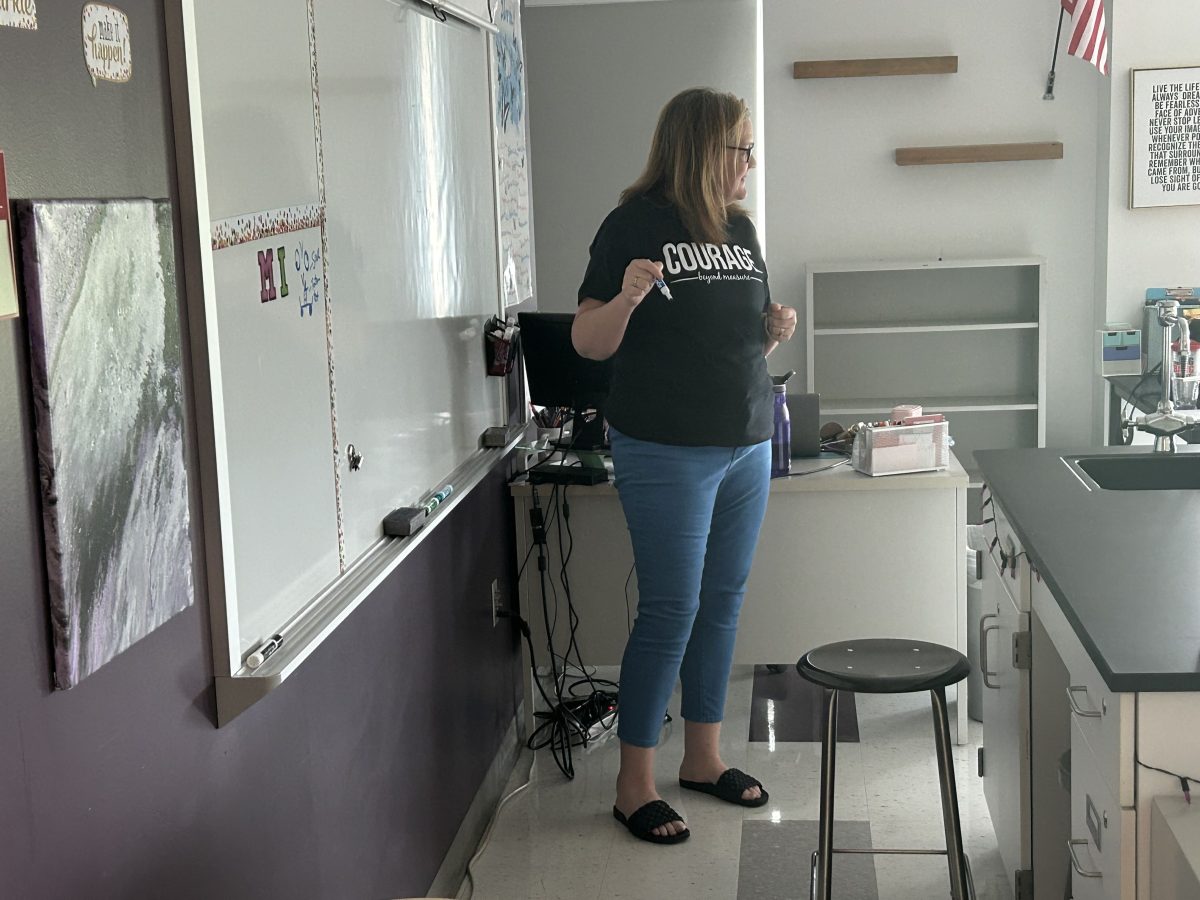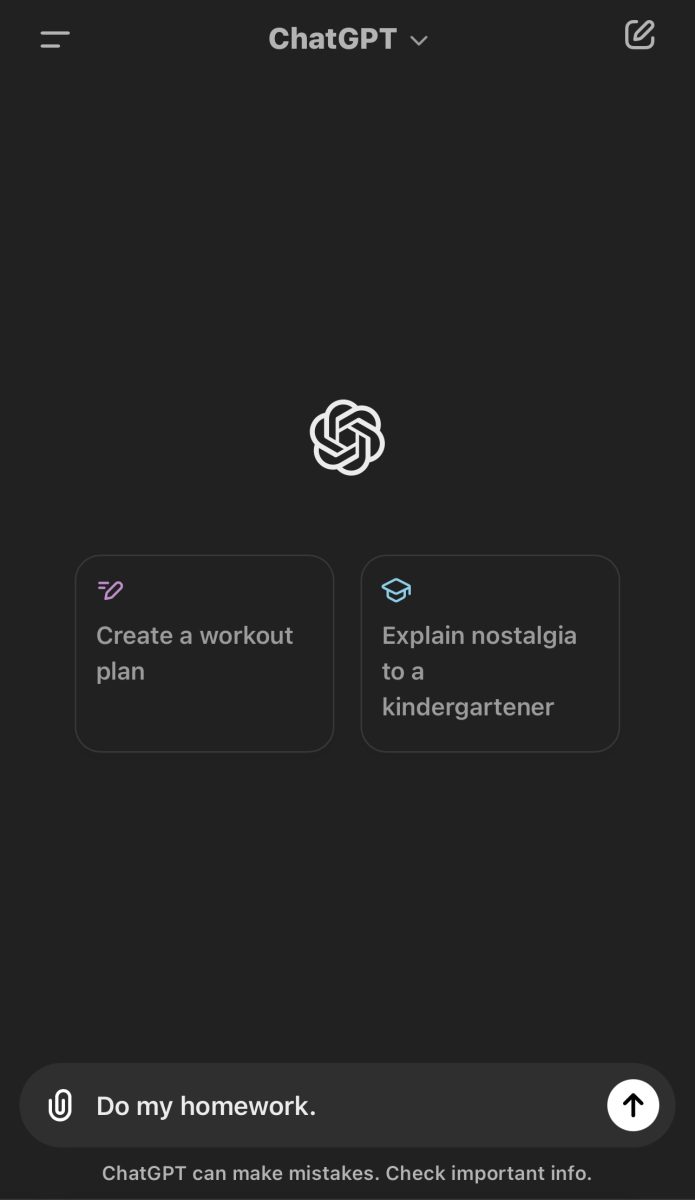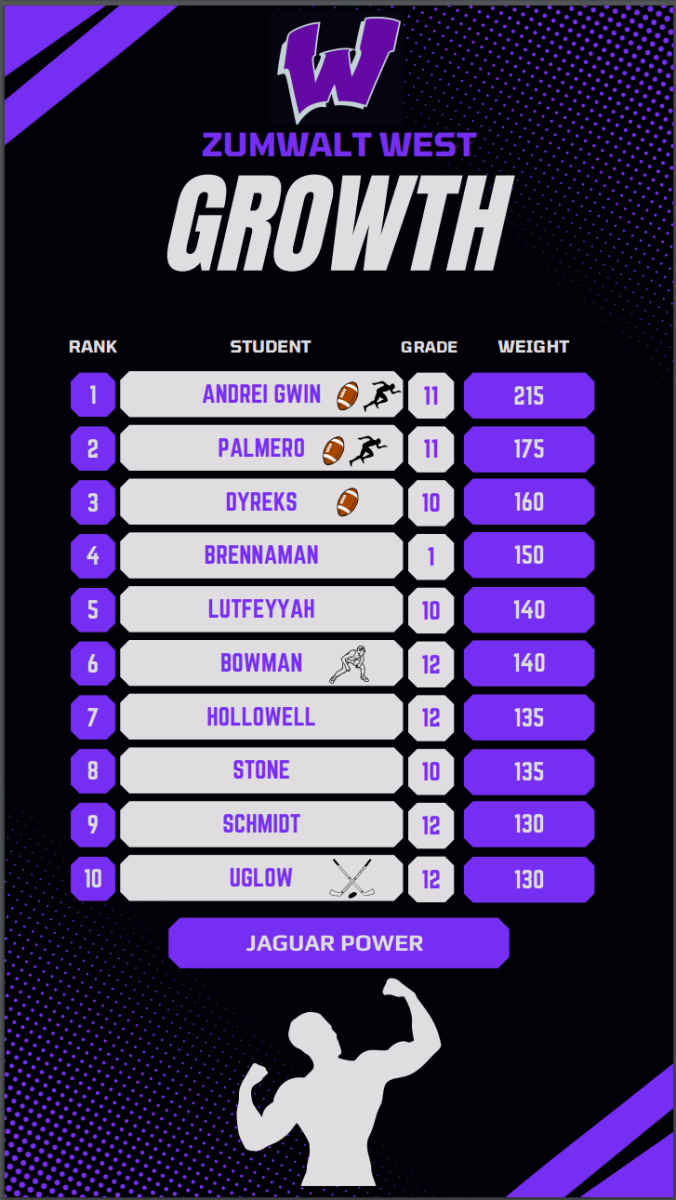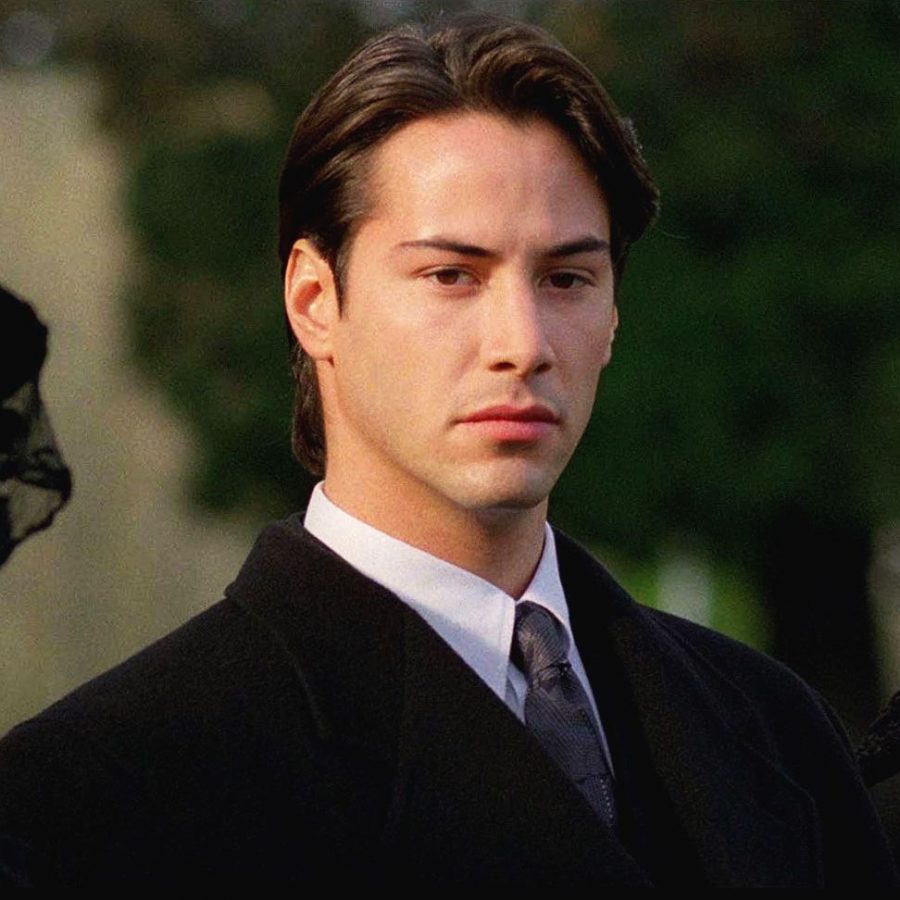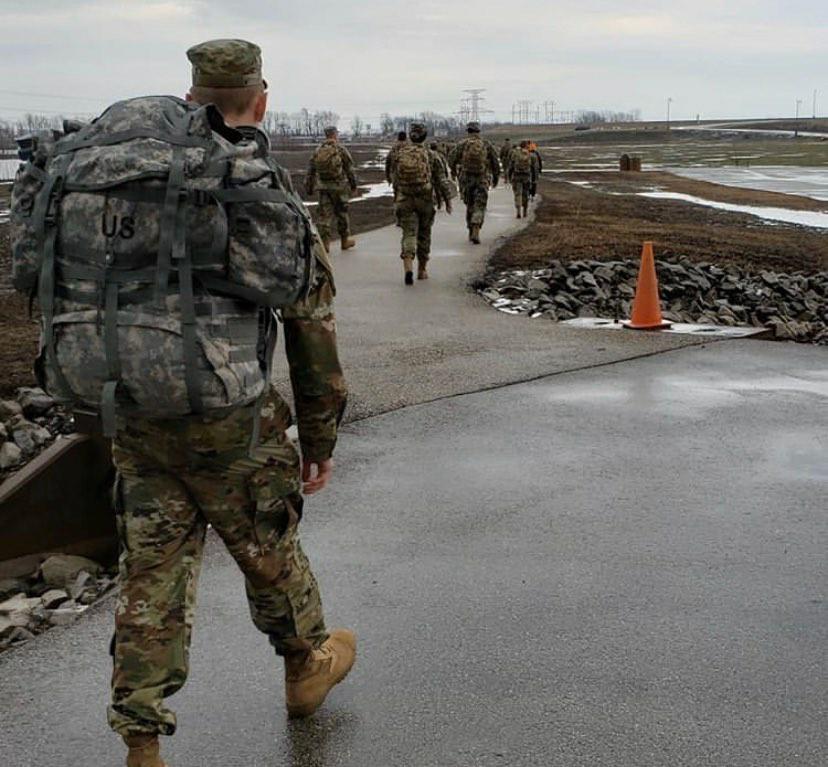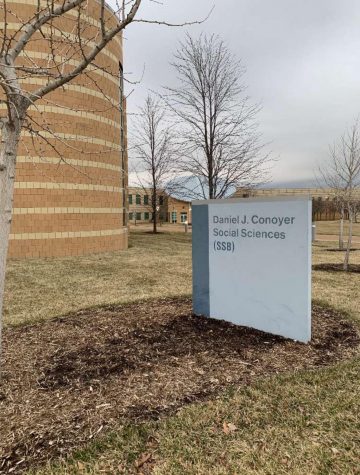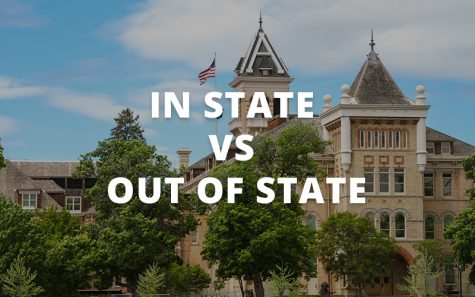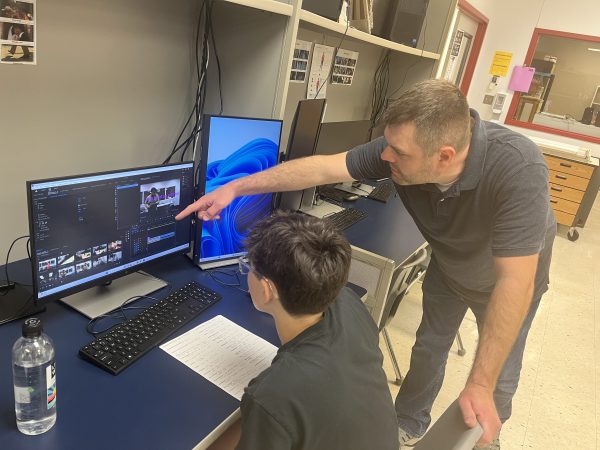Forced Education
Not all paths after highschool are treated equal
College is not every high school student’s goal, whether it be because of the cost, the stress or lack of appeal. From a young age, college is seen as the most successful path for students after high school. Whether it be from parents, teachers or peers, other careers without a college degree are not looked at with the same importance. From entrepreneurship to family businesses to simple nine to five jobs, these after-college choices share the same skills and challenges as any degree-necessary job.
According to stress.org (The American Institution of Stress), incoming college freshmen are becoming increasingly more aware of the stress college brings because of the rigorous application process. Despite this awareness, these students are not necessarily given healthy coping methods for managing stress. Attending high school has already given unnecessary stress to young students’ brains. Then being pushed into another four years of education by parents or peer pressure increases stress levels to a high rate at a young age, which is also brought on by the advanced placement class and college credit courses many are encouraged to take.
“I’ve met so many people in the military and some have explained that the way that college learning is set up, it isn’t for everyone,” senior Delaney Shuffet said. “There are so many different alternatives to a traditional four year college such as trade schools or the military.”
If you decide to go to college and only then realize it is not for you, the debt and student loans become a significant hardship. This can lead to a poor way of life, feeling unsatisfied and unworthy in their inability to complete college. However, in order to stay out of poverty, federalsafetynet.com says to complete at least a high school education, work full time, and wait until age 21 and get married before having a baby. It is not mandatory to attend college to stay out of poverty, especially because that would prove many examples of non-college graduates succeeding as outliers, when it is common for people to live their lives with only a high school diploma.
“The simplest way I can put it is that not going to college is just the best option for me at the moment,” senior Jack Nichols said. “I don’t come from a family that has much money, having to pay for all my expenses after high school is scary to think about. No matter how many scholarships or grants I get, if I were to go to a good theater school, I’d walk out of there with so much debt. College is great for a lot of reasons but it is just not for me.”
In school, many are taught that they have to attend college, and in high school, very rarely are alternatives to college spoken about or what to do if someone does not want to go to college. There are assemblies about colleges that all grades must attend, counselors asking what you are going to major in, and if someone goes against attending or answering, they are looked down upon and are told they will change their mind, or they are given a bad name. No principal, counselor or teacher willingly talks about a non-college path, leaving people confused, anxious and sometimes scared of their future.
The best solution to this cloudy view for students is to provide resources for students wanting to expand past college and show how higher education is not always required for success.




